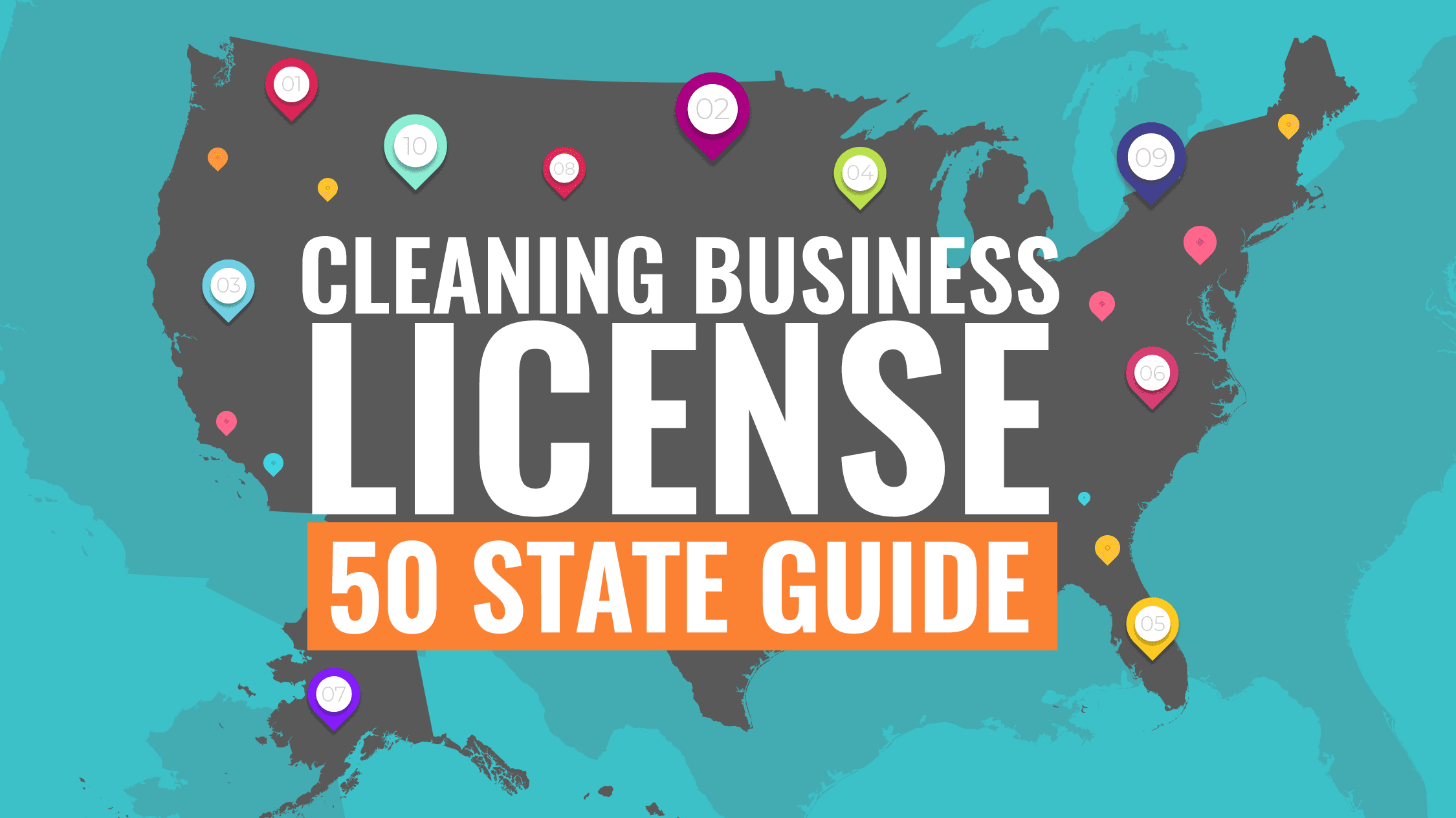Want to make $100K in just four months?
Today, we’ll show you how to start a successful business from home. We’ll share the important considerations for starting a home business, ideas for starting homes businesses, and stories from business owners who started their business at home..
Whether you want to start an online business or services business, we’ll help you decide whether starting a home-based business is right for you.
Keep reading or click any of the links below to jump right to the section that interests you:
Get ready to start a small business at home.
What is a home-based business?
Home-based businesses can be any size as long as the primary office is in the small business owner’s home. Small business owners have lots of options to choose from, including:
- Local service businesses
- Online and dropshipping businesses
- Consulting
- Freelance business ventures
What are some advantages of a home-based business?
A home enterprise has several advantages over other small business ideas. Some of the best benefits of a home business include:
- Flexible schedule
- Lower startup costs
- Lower overhead costs
- Increased productivity
- More opportunities
- Higher pay
- Less risk than renting a space
- More room for personal growth
- Tax deductions
- Great creative outlet
- Reduced personal expenses
What are some disadvantages of a home business?

When starting a small business from home, business owners often struggle with aspects like:
- Self-discipline
- Paying attention to daily tasks
- Lack of privacy
- Separating work and home life
- Lack of space
- Not taken as seriously
- Lack of coworkers to collaborate with and learn from
- Feelings of isolation
- Procrastinating or overworking
Many small business owners will attend networking groups that help them overcome these common challenges. Start practicing good habits early to give your home-based business idea the best chance of success.
Case Study: Bumble Bee Cleaning Services
Cristobal Mondragon and his wife started Bumble Bee Cleaning Services (formerly Queen Bee) as a home-based cleaning business. It was just the two of them when they first started, so he could keep everything at the house.
He discovered the lucrative market of Airbnb cleaning. Airbnbs need more frequent cleanings and enhanced services while offering cohosting opportunities that make it even more profitable.
As the business grew, they needed more space to store all the supplies for his cleaning crews. Yet even with that storage space, he still runs his business from home.
Every day he wakes up, eats breakfast with his wife, has meetings with other cleaning business owners, and does what’s necessary to support his team. Most days, he’ll spend equal parts at home, driving to locations, and on site at the clients’ locations.
Now, Bumble Bee Cleaning Services make over $1.5 million annually. Learn more in our interview with him below:
Check out Chris Mondragon’s UpFlip Academy course to kickstart your own cleaning business.
Factors to Consider When Starting a Business at Home
Starting a home business can be a huge advantage or disadvantage to a business venture. Ask yourself the following questions before starting your own business from home:
- What type of business suits your skills, interests, and resources?
- Do you have the space for your new business?
- Does your neighborhood have rules against certain small businesses?
- Will your family be supportive if you start a small business at home?
UpFlip Cautionary Tale
Many local business owners will find that their neighborhood has rules about running small businesses from home. I have lived in neighborhoods that don’t allow local service trucks, ones that won’t allow any small businesses, and ones that will only allow online businesses.
Make sure you understand the rules for your area before you start a service-based business from home.
How to Start a Business From Home

Successful home business ideas will normally follow a nine-step process for the best odds of success.
- Decide on a home business idea.
- Write a home-based business plan.
- Name your home-based business.
- Get an LLC for your at-home business.
- Get business licenses for your home business.
- Get a home business bank account.
- Set up your home office.
- Market your home-based business.
- Serve your customers.
Keep reading to find some of the best home business ideas.
Step #1. Decide on a Home Business Idea
The first step in starting a home-based company is choosing a business idea. The best ones normally fall into the following categories:
- Online business ideas
- Service business ideas
- Professional services
Next, we’ll provide you with some home business ideas for each of the three categories.
Online Business Ideas

Many successful business owners choose to start an online small business. These make a great new business from home because they don’t require a lot of space and can be started with just the internet and a computer.
Dropshipping Business
This business idea requires you to create an online store, find dropshipping suppliers, and market your products. Learn more about starting a dropshipping business.
Affiliate Marketing Business

Small business owners can make a great living through affiliate marketing. You’ll need a marketing and sales plan because you’ll be paid on commission for selling other companies’ products.
Social Media Business
A social media manager uses digital marketing skills to help other businesses on social media. Make sure you don’t forget to build your own social media presence too. Check out our interview with a successful social media manager:
Online Store
Whether you have a subscription box business or a dropshipping business, you’ll need an online store. You could even buy an existing eCommerce business.
Check out more online business ideas.
Service Business Ideas
Check out some of the most popular service businesses that many small business owners run from home.
Car Detailing Business
Start a small business at home in the car detailing industry. You’ll be washing cars all day. This profitable business can make a ton of money.
Find out how Alan Tursunbaev turned an idea for a summer into a small business that brings in $50K per month:
House Cleaning Services
You can make a great living when you start a small business as a house cleaning service. If this interests you, find out more about starting a cleaning business.
Dog Grooming Business
There are lots of businesses involving animals. You could start a pet-sitting business, a dog-walking business, or even a mobile grooming business.
Professional Services Business Ideas
You can even start a professional services small business at home. Consider one of the businesses below.
Renting Commercial Real Estate
Real estate agents can make a great living and work from their own homes. Check out how Thach Nguyen has built a $100M real estate empire:
Consulting Business
Whether someone needs a freelance writer, help with social media, inventory management, or financial projections, consulting is a great business to run from home.
Learn more about consulting businesses.
Perform Market Research
While you’re narrowing down the best home business idea, researching how to make your small business idea work can help you make a decision. This could involve conducting:
- Target market research
- Competitive analysis
- Research on barriers to entry
- Opportunities research
Once you’ve selected a small business idea, you should write a business plan.
Step #2. Write a Home-Based Business Plan

Did you know a well-written business plan can help a company grow 30% faster than one with no business plan?
A detailed business plan is essential to the success of any home-based venture. Plus, your business plan makes it easy to explain your goals, strategies, and financial outlook to potential lenders.
Check out our blog about business plans to download a business plan template and learn how to write your business plan.
Step #3. Name Your Home-Based Business
Next, you’ll want to name your home-based business. Your business name is the foundation of your brand identity and will inspire your logo, marketing, and customer service.
Your unique business name should be easy enough to remember yet reflective of the values held by you and the company. Try our business name generator for more inspiration. You can find a small business name you love and check the availability on DreamHost.
Step #4. Choose Your Business Structure

A home business needs to be established as a limited liability company (LLC) to protect yourself and your property. This way, your personal and business assets will be entirely separate.
You’ll also have tax benefits that make an LLC the best legal entity to start. For most states, you’ll need to register through the secretary of state’s office.
Check out our blog on legal structures to learn about other structures like a sole proprietorship or a corporation.
Step #5. Get Business Licenses for Your Home Business
You need to get the proper licenses and permits when you start a home business. Depending on where you’re located and what kind of business you’re running, there will be various requirements for:
- Licenses such as general enterprise approvals
- Sales tax documentation
- Professional credentials
Check local and state laws for any rules that might apply to your business. There may be harsh penalties if you don’t follow them. Make sure to keep track of your records and renewal periods too.
All this needs to be done so that your company remains legitimate and legal. Just ask Cristobal Mondragon:
Step #6. Separate Personal and Business Finances
Every home-based business needs to open a bank account to separate personal and business finances. You’ll benefit from easier tax filing and the ability to track profits and expenses.
At a minimum, you’ll need your LLC registration, business licenses, tax ID, and employer identification number. A dedicated credit card may also be beneficial so that you can cover costs while your business builds a credit history.
All these play into managing your business finances. The better you manage your finances, the easier it will be to identify opportunities for improvement.
Step #7. Set Up Your Home Office

It makes life easier if you have a dedicated space to work and store any business equipment. Make sure to get an ergonomic chair and enough lighting to avoid eye strain while working.
You’ll also want reliable, high-speed internet and software that will help you manage your business. The software you need will vary depending on the type of company you’re starting. We suggest checking out the following:
- Google Workspace: Get a free 14-day Google Workspace trial.
- QuickBooks: Get 50% off QuickBooks and manage all your business expenses.
- Customer relationship management software: There are a ton of options. Research the ones best for your industry. Asana and Monday.com are two of the best.
Step #8. Market Your Home-Based Business
You need an effective marketing strategy to launch and grow a home-based business. Reach potential customers and make sure you understand your main competitors.
Track and measure your promotional efforts using key performance indicators (KPIs) like web traffic or customer inquiries to decide how to spend your advertising budget. Many small businesses are successful with Google Analytics.
Step #9. Serve Your Customers

Successful home-based businesses rely on providing their customers with stellar service. Depending on the type of business you start, this could be anything from offering personalized attention to delivering high-quality products. Practice operating with the old adage that says to “under-promise and over-deliver” in mind.
Every happy customer will help build strong relationships that lead to loyalty and often positive word-of-mouth referrals. These can help you grow your at-home venture even faster.
Balancing Work and Life at Home
While running a home-based business has its advantages, you may end up compromising a bit on work-life balance. You’ll want to create good rules for yourself to balance your personal time and work. Here are some rules people suggest (and I wish I followed):
- Breaks: Create a schedule for yourself with regular breaks and stop times. This keeps your work from bleeding into your personal time. My wife wishes I’d listen to this one.
- Space: Maintain a separate space for your work so that you can avoid being right next to it during personal time. This one is the easiest to follow if you have a spare room at home.
- Scheduling personal time: Schedule personal activities including exercise, hobbies, and dates. I try to do this one, but only exercise works flawlessly. My dog and I go for a mile walk every morning.
- Eliminate distractions: Send your kids to boarding school if they start playing in your home office (kidding).
Expanding and Scaling Your Successful Business

Once you start a small business at home, you’ll operate the business and see what works. As you grow, your business entity will likely need to hire more people, automate systems, or diversify income streams.
Some of the best ways to scale a business include:
- Introducing new services and products
- Adding another market segment
- Exploring partnerships
- Upgrading technology
- Adding new locations
- Creating a franchise
- Increasing the budget for your marketing and sales plans
- Adding staff members
Big upgrades might mean you need to change your legal structure or move the business out of your own home.
Home Business FAQ
Let’s discuss some common questions people have about starting a new business from home.
What business can I start in my home?
Most businesses can be started from home as long as there are no homeowner association rules or local government restrictions. For example, you probably won’t be able to start home-based manufacturing or energy companies.
How do I start a small home-based business?

Starting a small, home-based business can be achieved by following the steps we’ve outlined above. First, consider potential ideas and determine if they’re suitable for working from your residence.
Consider profitability by creating an organized blueprint of how to move forward. From there, you’ll need to pick out the right company configuration and give it a name. Once you’re ready, make it official by registering with your state authority, registering for a tax ID, and getting a business license.
Can a tenant run a business from a rental property?
You may be able to start a home business if you rent. You’ll need to verify what’s allowed in your home or building:
- Check your HOA rules and lease.
- Talk with your apartment complex manager, HOA representative, or landlord.
- Research zoning laws.
- Check for other laws prohibiting home businesses.
You may need a signed letter of authorization (see our sample) giving permission to use the property for business purposes.
What are the three general rules for classifying your home office as a business expense?

According to the Internal Revenue Service (IRS), you have to meet three main criteria to claim a home office as a business expense:
- Exclusive and regular use: Your home office must be used exclusively for business purposes on a regular basis. It should not be used for personal activities.
- Principal place of business: Your home office should be the primary location where you conduct substantial administrative or management activities for your business.
- Meeting clients or customers: You must use your home office to meet your clients, customers, or patients or the office space must be a separate area used exclusively for business purposes.
As long as your home office is exclusively used for work and it’s where you consistently do administrative tasks, you will normally qualify to deduct 100% of direct business costs and a percentage of indirect but relevant household costs.
What percentage of utilities can I deduct for a home business?
The IRS says that you can deduct utilities using two methods:
- Simplified method: This deduction covers up to 300 square feet at $5 per square foot for a total of $1,500.
- Actual expenses: This method allows you to calculate your actual expenses based on how much of your home you use for business.
With actual expenses, you can either use the percentage of square feet that are exclusively for your business or, if the rooms in your home are equal sizes, the percentage of rooms.
For instance, my office is approximately 225 feet out of 1,600 total square feet in my home, which equals 14%. I can’t use the rooms method because they are not approximately equal. That calculation would suggest my office space is 33% of the home, which isn’t a fair representation.
My utilities are around $12,000 per year. That means I can claim 14% of those costs, equaling $1,687.50 of my utilities. Given that my mortgage is $1,700 monthly, 14% of my annual mortgage is $2,856.
In total, that makes my total home office claim worth $4,543.50—a far better deduction than the $1,500 from the simplified method.
What insurance do I need to run a business from home?

A home business will normally want a business owner policy (BOP) that bundles together three important coverage types:
- General liability insurance
- Commercial property insurance
- Business interruption insurance
It’s typically cheaper to buy a BOP compared to buying each policy separately, and you can add additional coverage types as needed. Simply Business is a great place to get your business insurance because it compares rates from 16 major insurers.
Ready to start your own business?
You now know how to choose a business idea and create a legal business entity. You’ve also learned about some of the unique features of a home business.
It’s up to you to take the time to create a solid business plan, build your business model, and market your business.
What business will you start from home?









